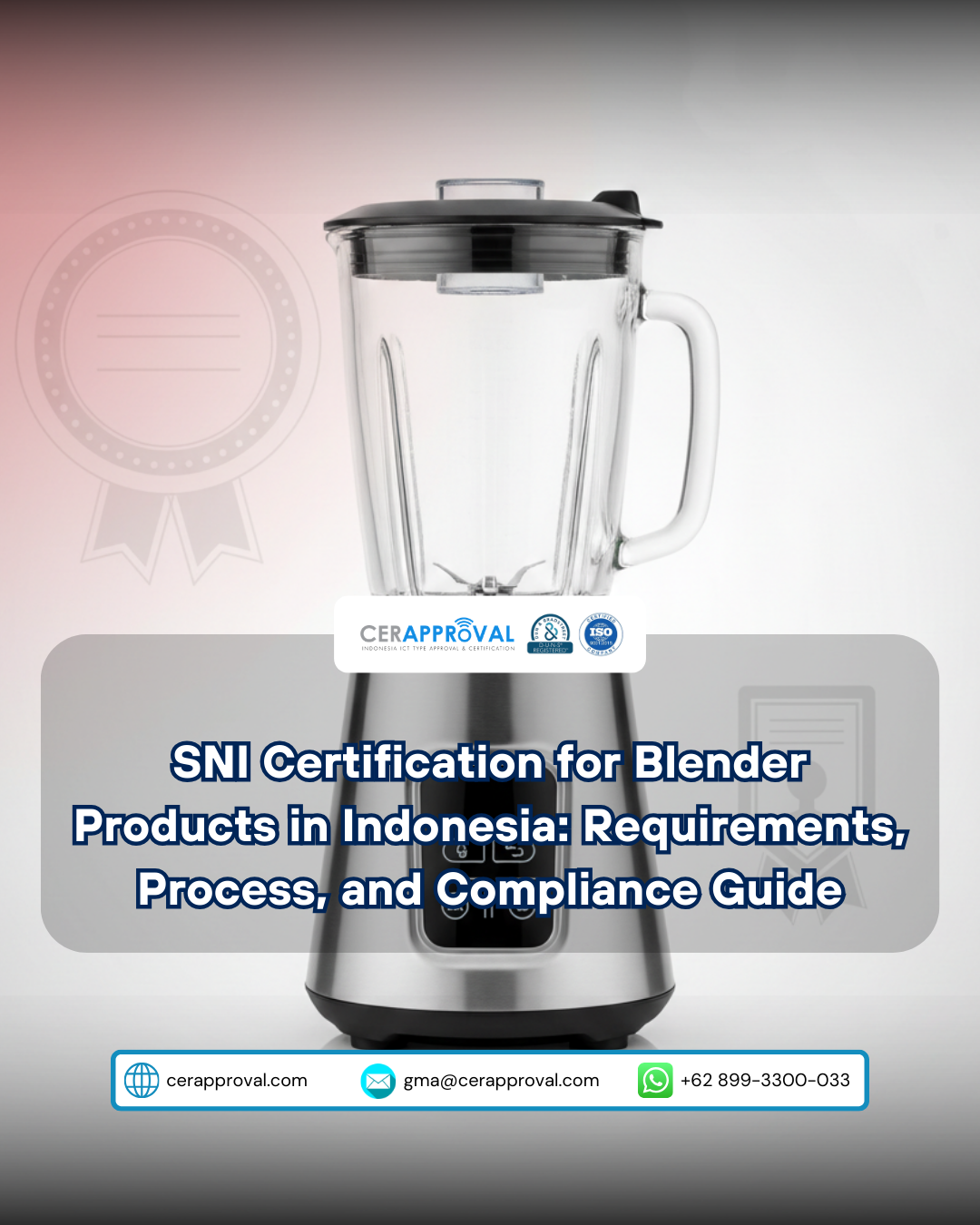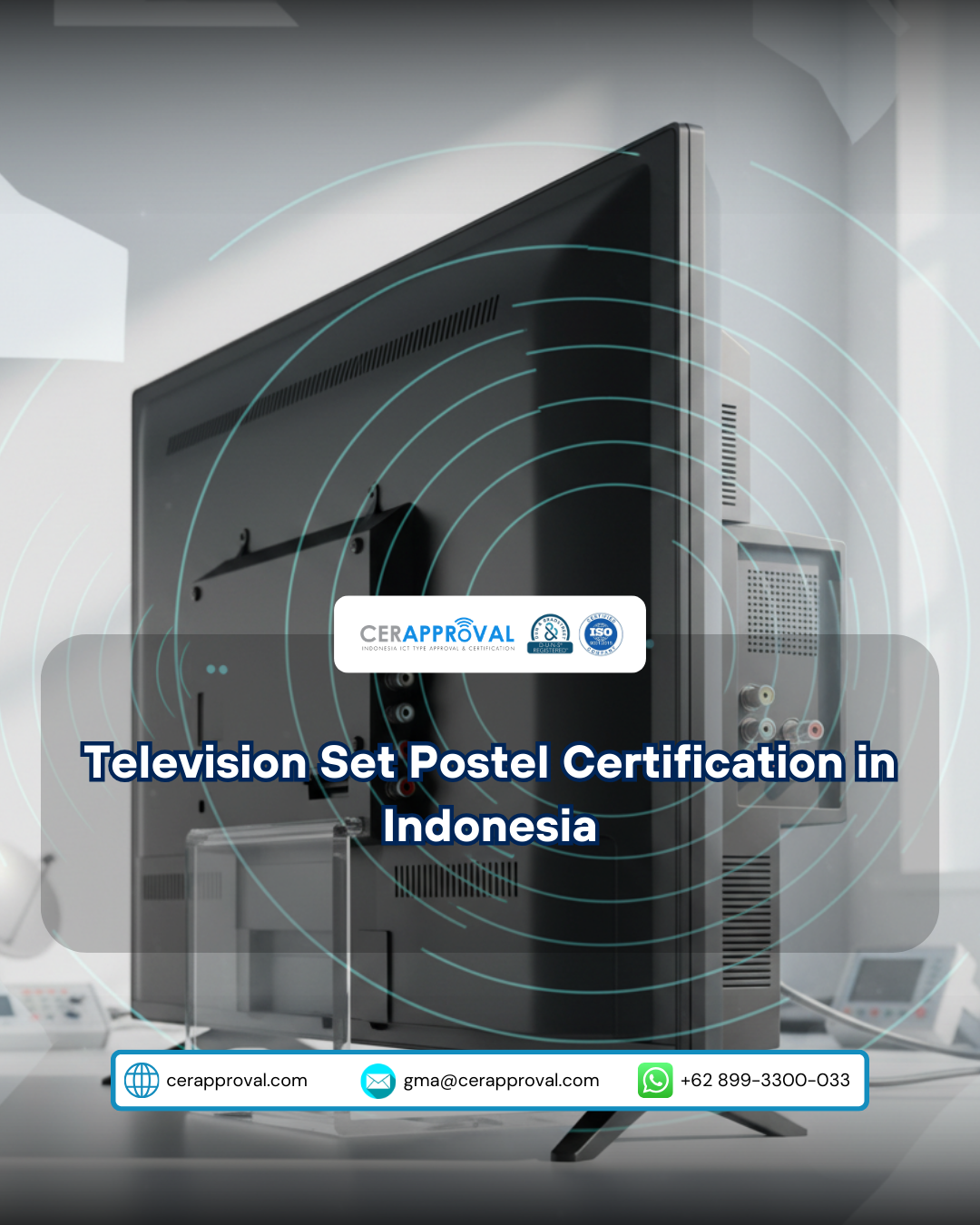The rapid development of security technology has transformed how people protect their homes and properties. One of the most popular innovations today is the digital door lock, an electronic locking system that replaces conventional mechanical keys with advanced digital authentication methods. Digital door locks are increasingly used in residential homes, apartments, offices, hotels, and commercial…
Our artikel
New update information about the device certification service at SDPPI KomDIGI
New update information about the device certification service at SDPPI Komdigi
-

Digital Door Lock: Modern Security Technology for Residential and Commercial Properties
-

SNI Certification for Blender Products in Indonesia: Requirements, Process, and Compliance Guide
Blenders are widely used household electrical appliances in Indonesia, both for domestic use and commercial food businesses. Due to their electrical components and direct consumer usage, blender products must comply with Indonesia’s safety and quality standards before being legally distributed in the market. In Indonesia, certain electrical appliances including blenders are subject to mandatory SNI…
-

Television Set Postel Certification in Indonesia
Television Set Postel Certification in Indonesia is a mandatory regulatory requirement for television products before they can be legally distributed in the Indonesian market. Under the authority of the Ministry of Communication and Digital (Komdigi), particularly the Directorate General of Resources and Equipment of Directorate General of Digital Infrastructure (DJID), all telecommunication-related devices must obtain…














